In oil well drilling, the use of Corrosion Inhibitors is crucial for protecting metallic equipment and structures from corrosion. Corrosion can occur due to the presence of corrosive fluids such as saline water, carbon dioxide (CO2), hydrogen sulfide (H2S), and other chemical compounds in the drilling environment. The specialized applications of corrosion inhibitors in oil well drilling include:
Protecting Drilling Equipment: Corrosion inhibitors help protect drilling equipment like rigs, drill bits, pipes, and other metallic components exposed to corrosive fluids.
Protecting Transmission Pipes: These substances are used to prevent corrosion in pipes that transport oil and gas from the well to surface facilities.
Reducing Corrosion in Treatment and Separation Systems: Corrosion inhibitors are used in oil and gas treatment and separation systems from water and other impurities to prevent equipment corrosion.
Increasing Equipment Lifespan and Reducing Maintenance Costs: Using corrosion inhibitors can extend the life of equipment and reduce the need for frequent repairs and replacement of damaged equipment.
Maintaining Drilling Operation Efficiency and Safety: By reducing corrosion-related risks, corrosion inhibitors help maintain the safety of personnel and the efficiency of drilling operations.
Corrosion inhibitors typically consist of chemical compounds that actively interact with metallic surfaces to create a protective layer. This layer prevents direct contact of corrosive fluids with the metal, reducing the rate of corrosion reactions. Choosing the appropriate type of corrosion inhibitor, its required dosage, and the application method is crucial, depending on the type of metals used, the nature of the drilling fluid, and specific environmental drilling conditions.

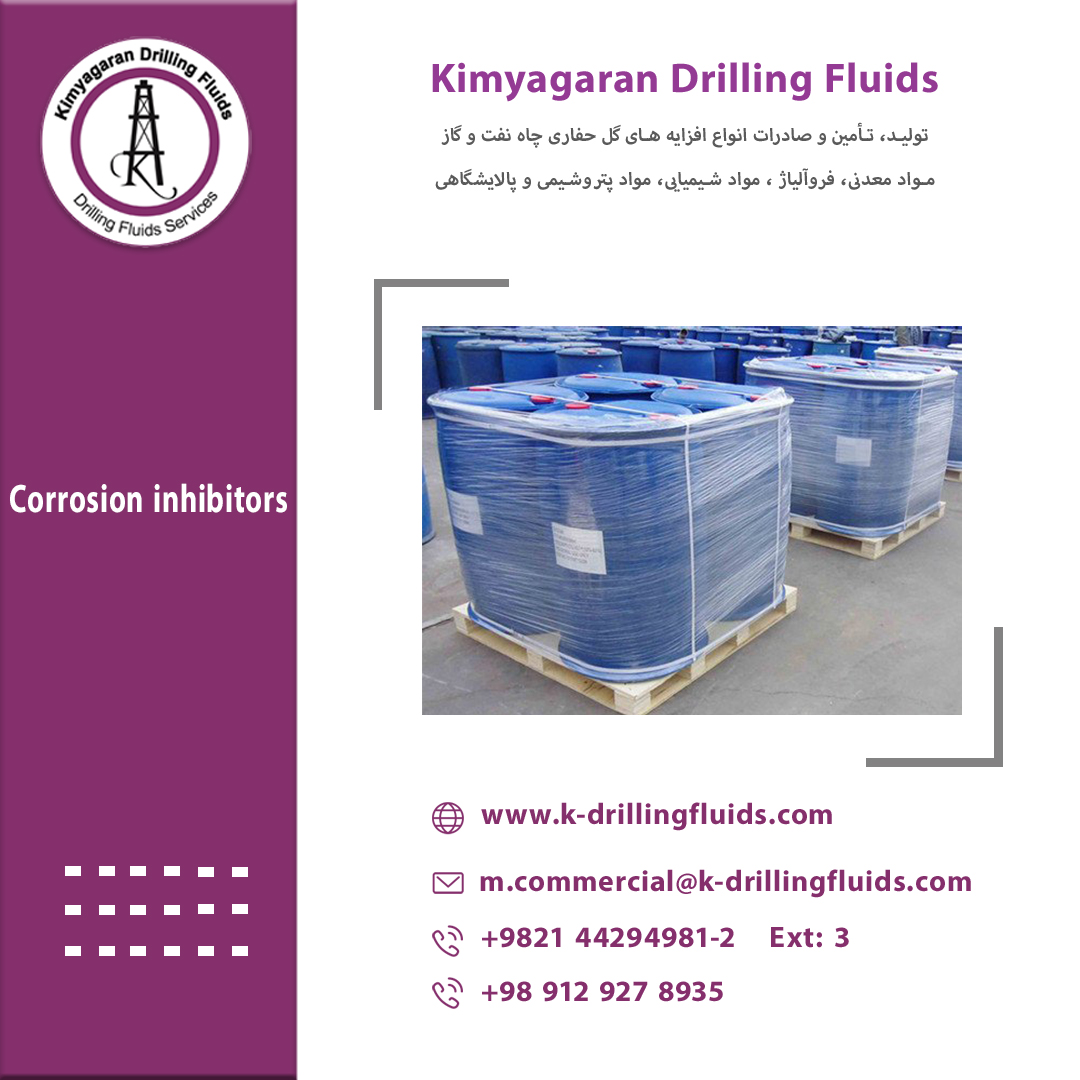

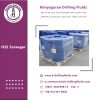
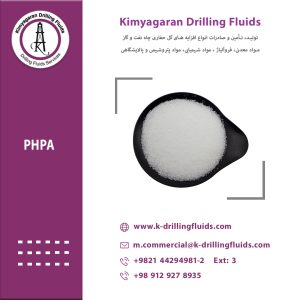
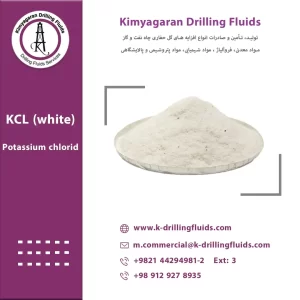
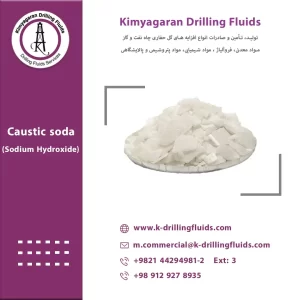

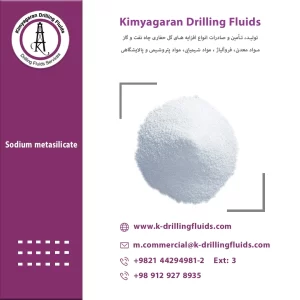
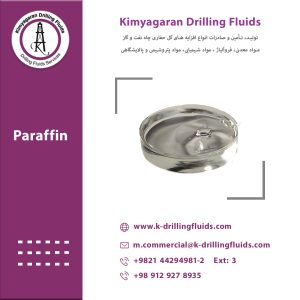
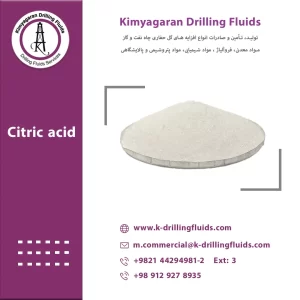
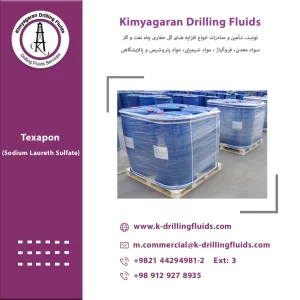
Reviews
There are no reviews yet.